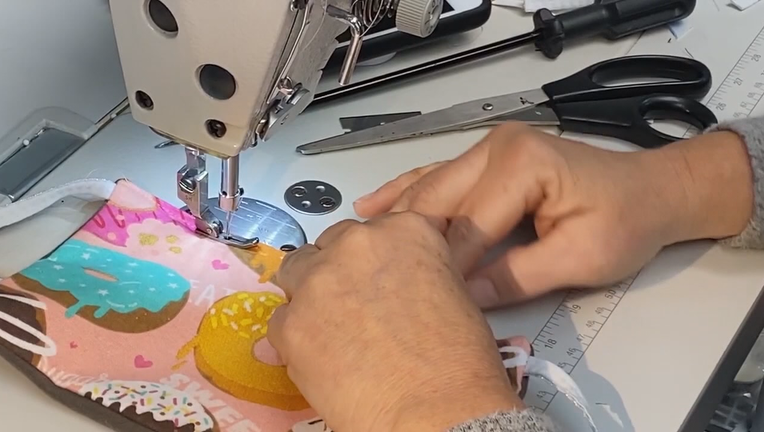Texas A&M researchers find vacuum bags work best for stopping airborne particles

COLLEGE STATION, Texas - Researchers at Texas A&M studied what types of face masks work best to stop airborne particles from spreading.
The study looked at medical masks but also at types of fabrics people may have at home to make them.
Scientists tested how many airborne particles were able to make it through the masks. They found N-95 medical masks unsurprisingly are the most effective.
After that, a vacuum bag blocked 94% of particles. The material in a car engine filter blocked 82% and two layers of a 600 thread count pillow case blocked 56%.
The worst materials on the list are coffee filters and bandanas.
To see the full study and a list of all the fabrics tested, visit cace.tamu.edu/research/covid-19-mask-materials/index.html.

